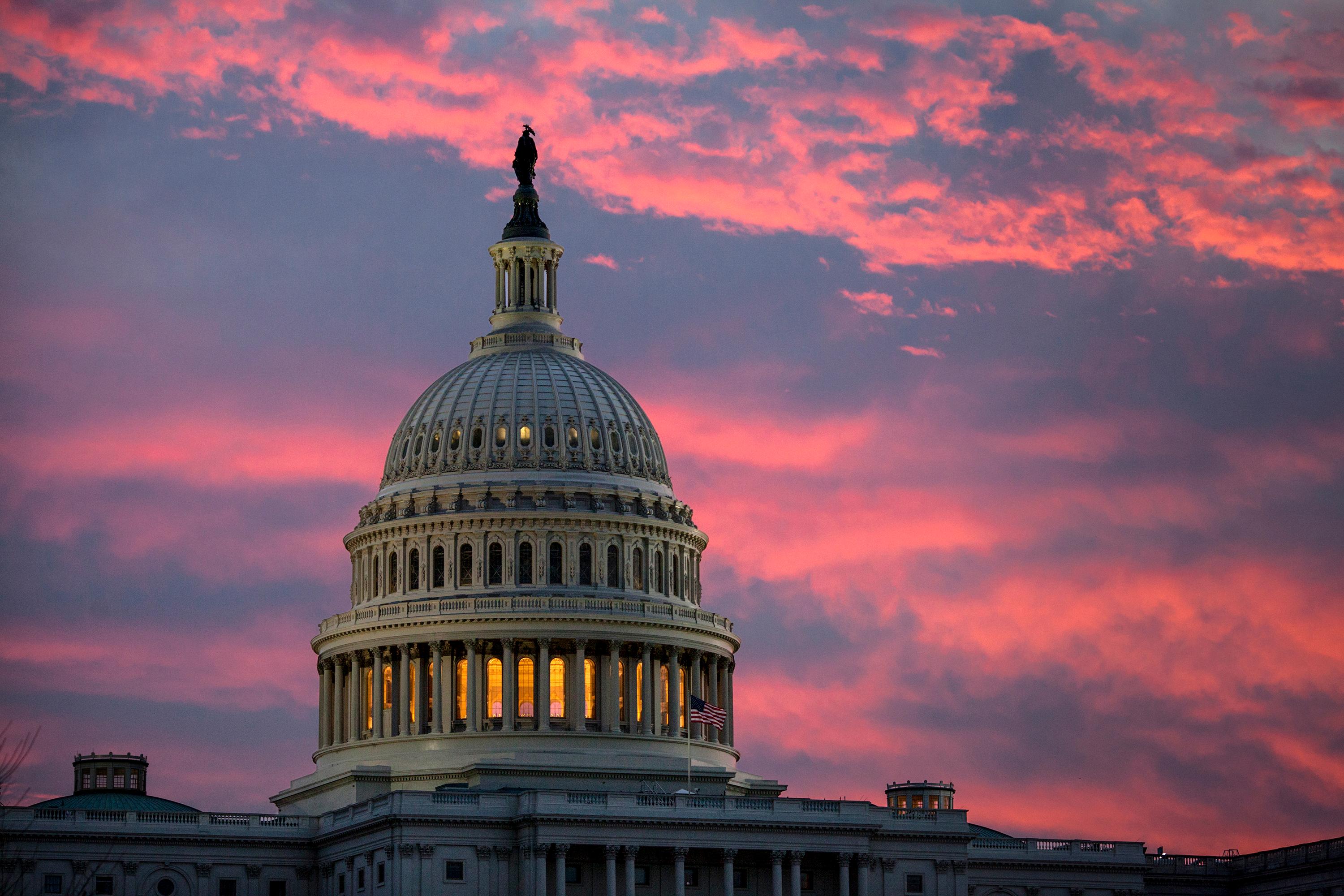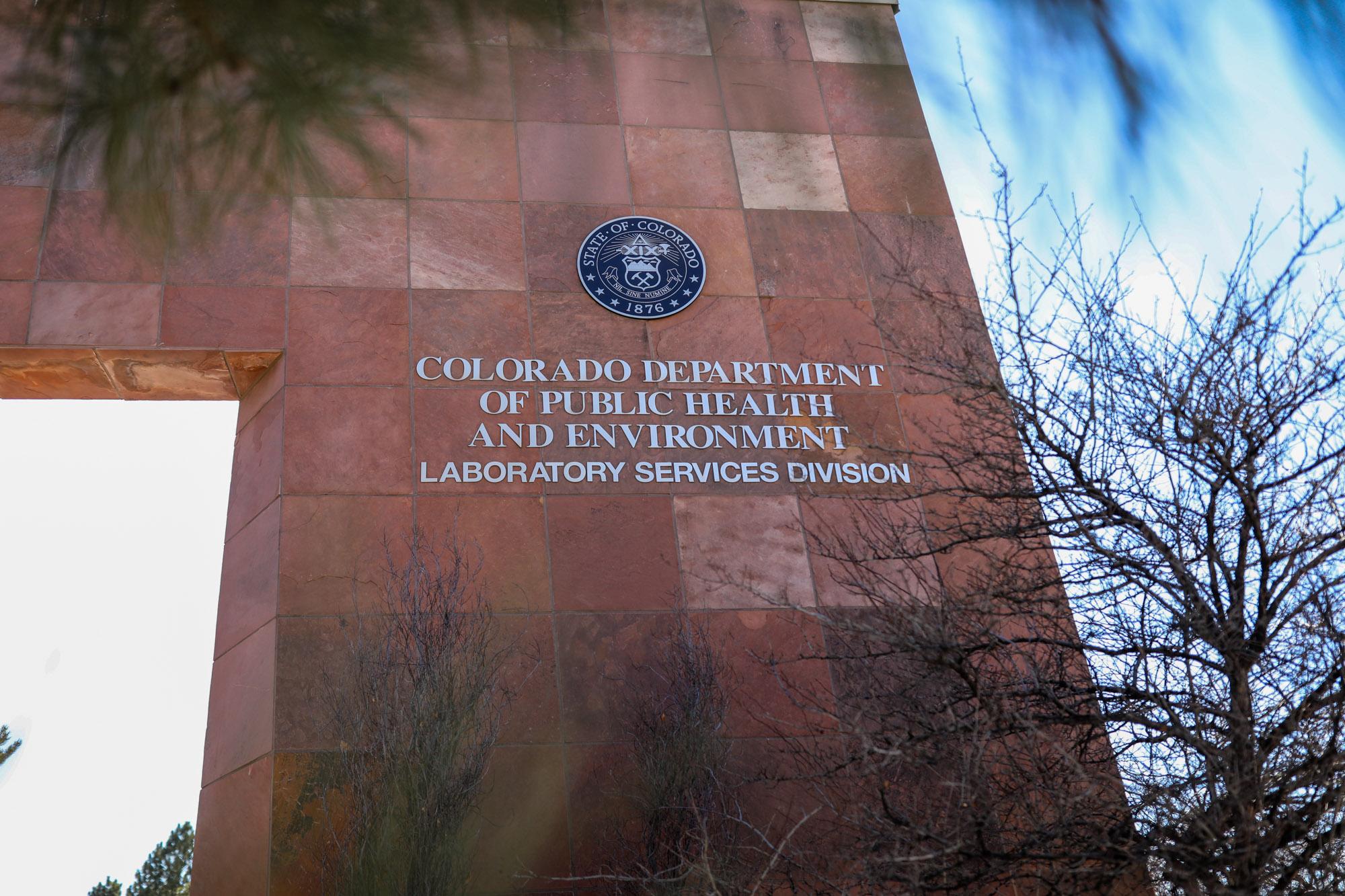
Congress swiftly passed a three-month stopgap funding measure on Wednesday to avert a government shutdown at the end of the month — and get out of town.
The measure passed the Senate, 78-18, with Colorado Democratic Sens. Michael Bennet and John Hickenlooper voting for it. It passed the House, 341-82. Now it heads to President Joe Biden’s desk.
The package included $231 million for the U.S. Secret Service after two assassination attempts against former President Trump. It also extends some health, veterans and Farm Bill programs that would have lapsed, including the Good Neighbor Authority, which allows the U.S. Forest Service to coordinate management work with state forestry agencies.
Colorado’s Democratic House Reps. Yadira Caraveo, Jason Crow, Diana DeGette, Joe Neguse and Brittany Pettersen all voted for the bill. Republican Rep. Doug Lamborn also voted for it.
In a statement, Democratic Rep. Yadira Caraveo said her vote was about keeping the government open and moving the country forward. “I’m particularly pleased that this government funding package includes important provisions for SNAP beneficiaries and authorizes additional funding for the Secret Service.”
“Funding our government and the services so many rely on is one of the most basic functions of Congress. I’m relieved we passed a continuing resolution to temporarily keep the government open, but this is the bare minimum,” said Democratic Rep. Brittany Pettersen. She noted a shutdown would have hurt federal employees, and service members and harm the economy.
All the no votes came from Republicans, including Colorado Reps. Lauren Boebert and Greg Lopez.
“I could not justify voting in support of a bill which would extend the federal government’s current, exorbitant spending levels with no cuts or considerations for the elimination of expired programs, and that failed to fortify U.S. elections,” said Lopez in a statement.
The so-called clean continuing resolution came after House Speaker Mike Johnson spent two weeks trying to pass a six-month CR that included the SAVE Act, a bill that would have required proof of citizenship to vote. Conservative Republicans who were unhappy with the spending levels, and those worried about the defense budget, joined Democrats to vote down that bill, leaving Johnson with bipartisanship as the only play left to avoid a government shutdown.
Passing a continuing resolution that expires on Dec. 20, 2024 also sets up a spending showdown right before the holidays. Speaker Johnson told reporters earlier this week there would be no omnibus spending bill right before Christmas, but neither chamber has been able to pass 12 stand-alone appropriations bills, let alone hash out the differences between all those measures, making some kind of larger government funding package all the more likely.
Both chambers now leave town and will not hold any votes until November 12, about a week after the election.









